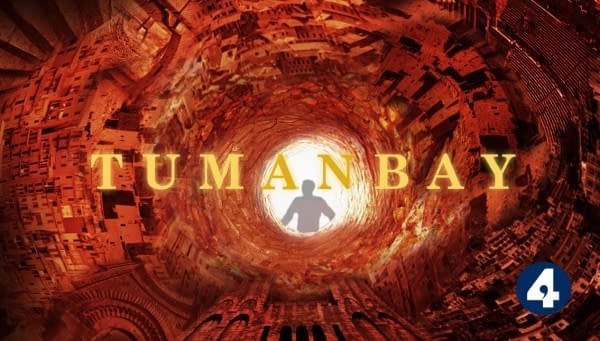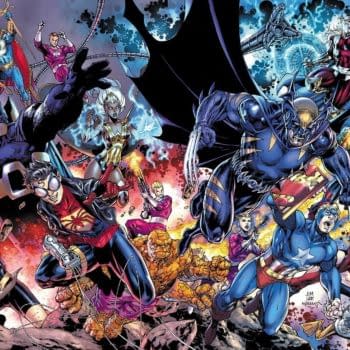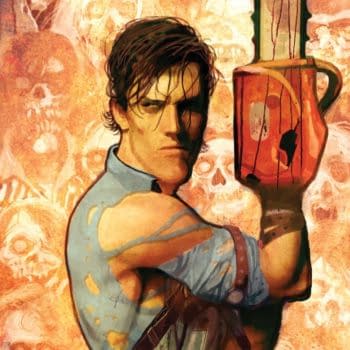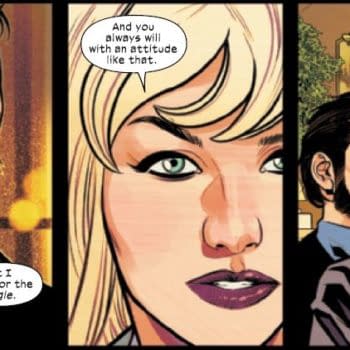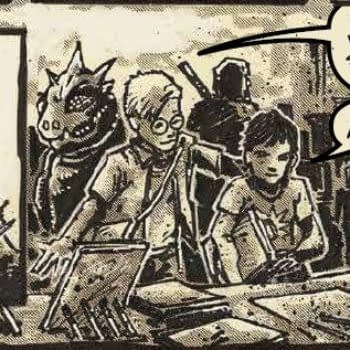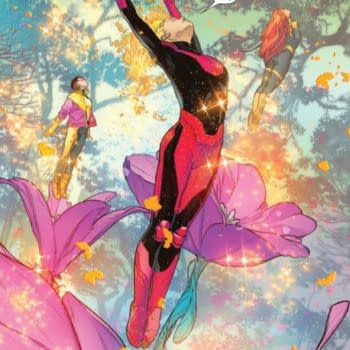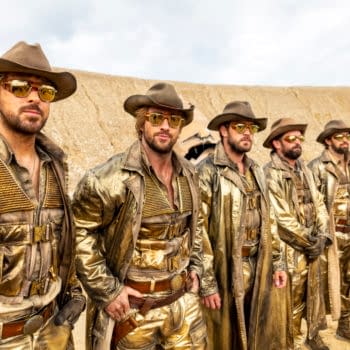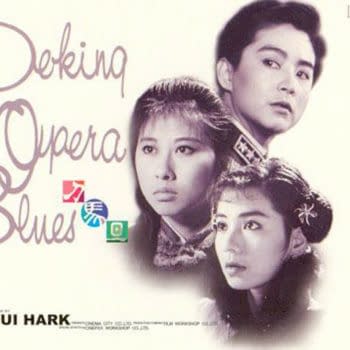Posted in: Movies | Tagged:
Tumanbay: What a Producer of a Radio Drama Does – Look! It Moves! by Adi Tantimedh
Adi Tantimedh writes,
The third episode of Tumanbay, BBC Radio 4's epic 10-part historical epic set in the Mamluk Empire goes up this weekl. I talk to producer Emma Hearn about what it takes to produce a radio drama.
Adi Tantimedh: Can you first talk about your role as a producer at Goldhawk Productions and what that entails?
Emma Hearn: It's great to work with John and Goldhawk Productions. I have been brought on board after projects have been commissioned and usually after the script has already been through several drafts and development with John. With Independent Production Companies you work in small teams and cover off most jobs between you.
As a Producer you work across the whole production cycle and look after the whole production team from pre-production through to the recording and then on post-production through to delivering the programme or series.
This pre-production work can include: ideas around casting, holding meetings with actors and working with their agents and getting children's working licences in place. Building relationships with managers of recording venues and setting up those locations and ensuring the production team: Director, Writer, Actors, Sound Designer, any sound editor and Production Assistant have everything they need in terms of scripts, equipment etc. Working on and to the budget, setting up the recording schedule and working with John on how we choose to describe and promote the programme and making sure all cast /production team details are all correct and filtered through to BBC website and relevant Press. These are some of the jobs I'll do to set up a drama.
So what were your duties producing a radio drama series like Tumanbay with John, who's also co-writer on top of the director?
A 10-part drama such as TUMANBAY is obviously on a much larger scale than a one-off 45 minute drama that we are used to working on. There are three Producers working on TUMANBAY: John as the Executive, myself and Nadir Khan who worked on the gigantic and complex schedule and ran the team in studio.
About a month prior to recording, I went to the location to go through what we needed for our 3 week recording there and with the Sound Designer, Steve Bond we looked at the space, the flooring and to get a sense of what scenes we would record where and what sound effects we needed to create while recording live. We had foley trays made (with different floor textures in them: gravel, sand, soil).
I also built up our support team, with a fantastic Costume and Prop Manager (all this helps, even on radio!), Ella Saunders. We worked together to find a range of period costumes and props to help create some of the sounds that you hear: coffee pots, swords, camel reins, water skins, jewelry, lock and keys etc. but it also helped us to create the world of TUMANBAY and helped the actors a lot too – we had an Aladdin's cave of props surrounding us as we recorded – rich velvets, silk gowns and several pairs of slippers! As when we record we don't use static mics, but a roaming one – the microphone following the actors, in the same way a camera would in film.
So then working with Casting Director, Marilyn Johnson and her team once cast was in place to get contracts out, scripts…we had a couple of days as a production team to set up which is a real luxury as normally we arrive on first day of record and then just begin recording. This time enabled us all to get a sense of how we would all work together to be efficient with such a tight and busy schedule. We also set up a live editing room in the studio. So as scenes had just been recorded, moments later it was being edited and that 'real time' edit felt very exciting and enhanced the energy of the record.
As an example, can you talk us through a typical day of recording?
I worked partly out of the studio and partly from the office, but a typical recording day: We'd have several scenes that we'd record each day – all out of sequence and jumping from one episode to the next. But logically was worked out (and many times) on which actors we had in that day and the location of the scene. So we all had the challenge of jumping around the script in terms of narrative but it made it feel fresh. We did have to keep on top of where we were in the story, but most actors are used to working in this way for film and television.
And what are your duties during postproduction?
I've been working with BBC Press and Publicity and a BBC Content Producer who looks after the content we have displayed on the BBC programme pages on how it is presented to build up interest. It's great that TUMANBAY is available as a podcast too so people can listen to the drama at a time that's convenient for them or binge on the series. I also listen to all episodes before delivery to check audio with John and Steve and then attach introductions for each new episode that is used to set up the programme on air and as a podcast. Also looking to seek out enticing clips to help with the promotion of the programme and attract new listeners.
You've been helping us with actors' availability for interviews to highlight Tumanbay. Is it part of your job to help promote the production?
Yes, I see it as being important and part of the whole production process, especially as we are competing with lots of content out there. I conducted some short audio interviews with four of our leads for use across publicity and press within and outside of the BBC to try and find ways to create awareness around the drama and build interest.
Episodes of Tumanbay can be downloaded after their broadcast premiere on Wednesdays.
http://www.bbc.co.uk/programmes/b06qcrhv/episodes/downloads
Listening to epics at lookitmoves@gmail.com
Follow the official LOOK! IT MOVES! twitter feed at http://twitter.com/lookitmoves for thoughts and snark on media and pop culture, stuff for future columns and stuff I may never spend a whole column writing about.
Look! It Moves! © Adisakdi Tantimedh


